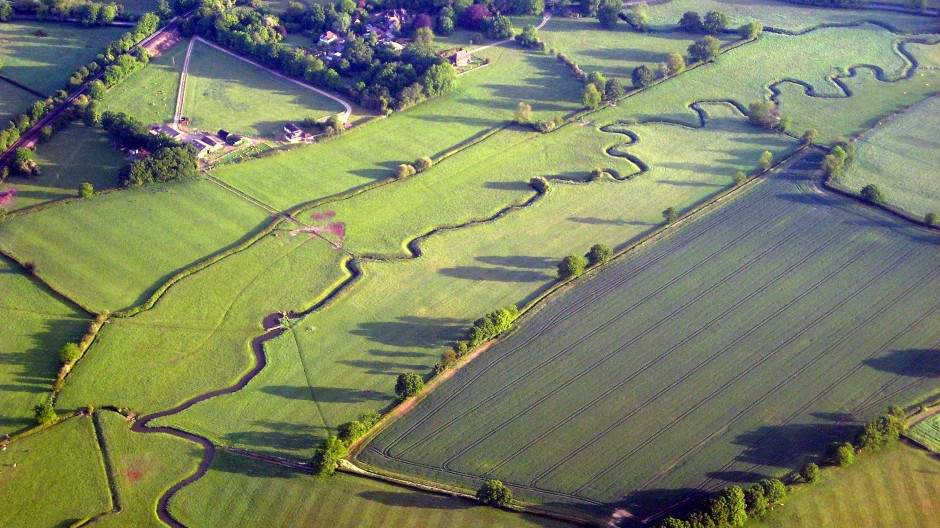Today’s guest post is the second written at the 2012 General Assembly by Michelle Cain, postdoctoral researcher at the University of Cambridge, United Kingdom. Her first covered megacities.
It seems the global economic downturn is so pervasive that it has even hit the Earth sciences! I’ve been to a few talks now that have mentioned the downturn/recession/crisis/apocalypse (delete as appropriate), mainly with reference to emissions of pollutant species or greenhouse gases. I guess this is one of the few good-news stories to come from the bottom falling out of the world’s economy. With no money to burn, production and therefore emissions decreased, thus slowing emissions – ever so slightly.
On Tuesday, Jintai Lin presented some work on NO2 columns measured from space, which he used to back out the NO2 emissions coming from China. (NO2 is itself toxic, and a precursor for ozone, which is a greenhouse gas and is harmful for animal and plant health.) His analysis of the seasonal variation in NO2 showed that the emissions were dominated by anthropogenic sources. Presenting a time series of NO2 columns from satellites, he showed the unmistakable signal from the Chinese economic downturn in 2008-9 (see Lin and McElroy 2011, ACP), and he showed the same signal in aerosol optical depth (a marker for PM2.5 – see my previous blog post for a definition). But this was not to last, as the NO2 caught up again after about a year and a half.
Is recession good for the environment? English Landscape by Norbert Krupp. Distributed on Imaggeo.net by EGU under a Creative Commons license.
Then on Wednesday, Patricia Castellanos showed a similarly striking graph of a stock index (I didn’t catch which one) on the same axes as measures of European industrial activity and road transport. As you might have guessed, they correlated perfectly, all dropping off the edge of a cliff over the space of a few months in 2008. By dropping off a cliff, I mean a 20% decrease in industrial activity and 15% decrease in commercial road transport. Castellanos summarised this effect with what I found to be a surprising finding: NOx is 10-50% lower now than it was in 2004 (that’s not the surprising bit), and at least half of this reduction was due to the recession.
So, for all the EU’s hard work in making policies and targets for air quality, in regulating vehicle emissions and all the other things they are doing to improve the air we breathe, it has at most been as “good” as the recession for reducing NO2 levels. If they are really serious about air quality, policy makers would be wise to reconsider their attitude to economic growth…
By Michelle Cain, University of Cambridge

